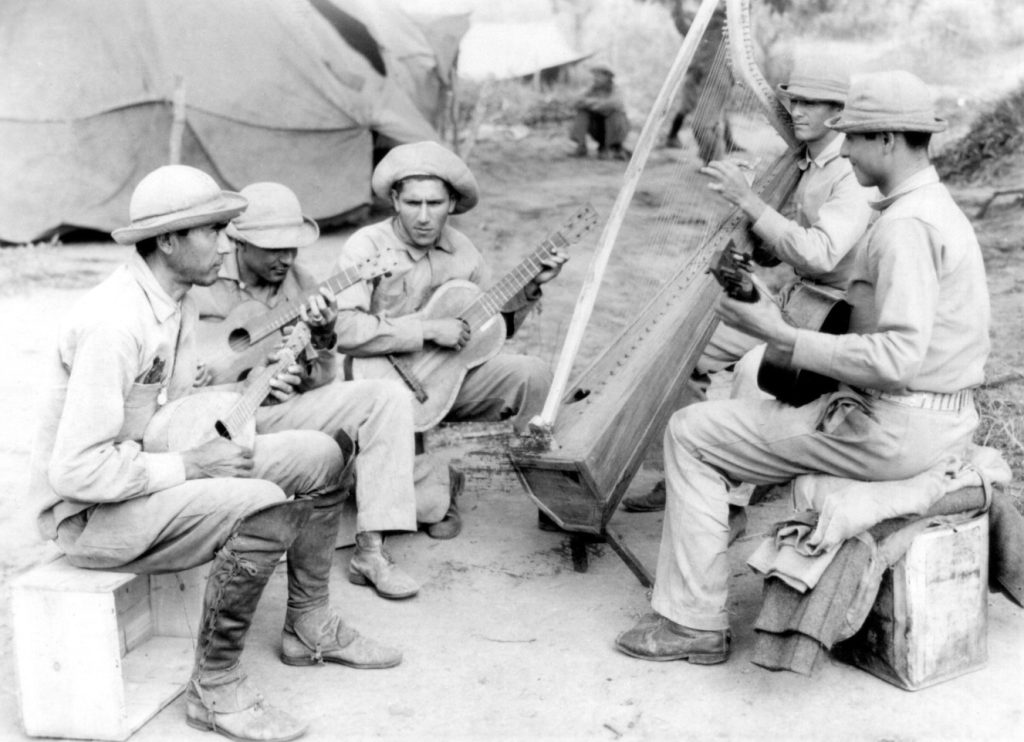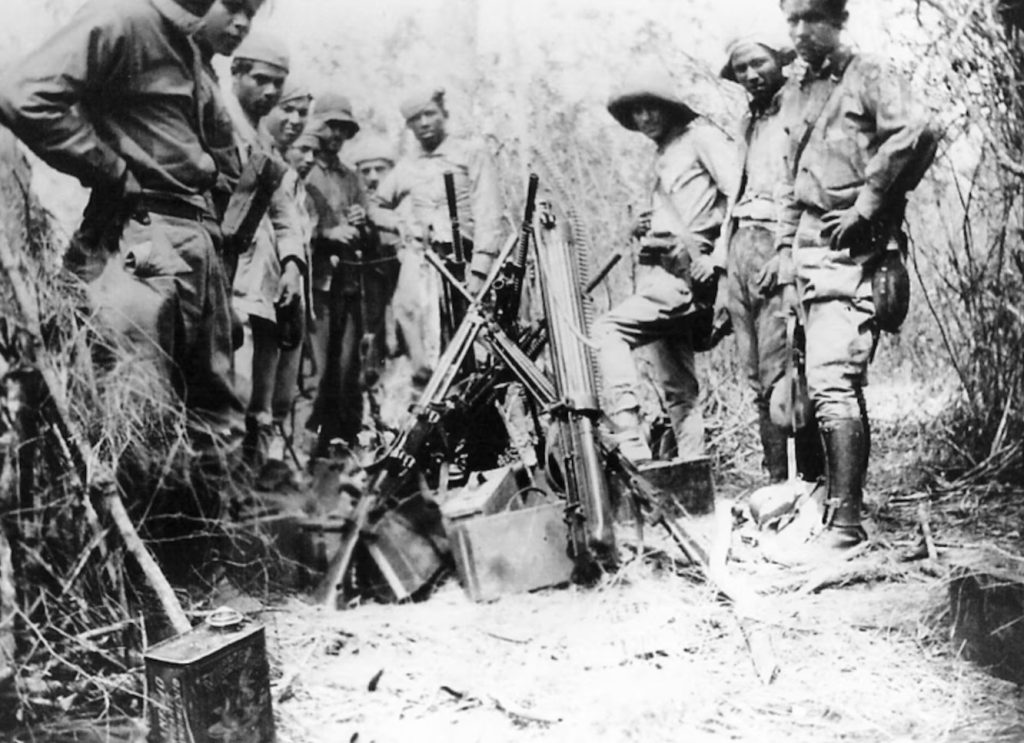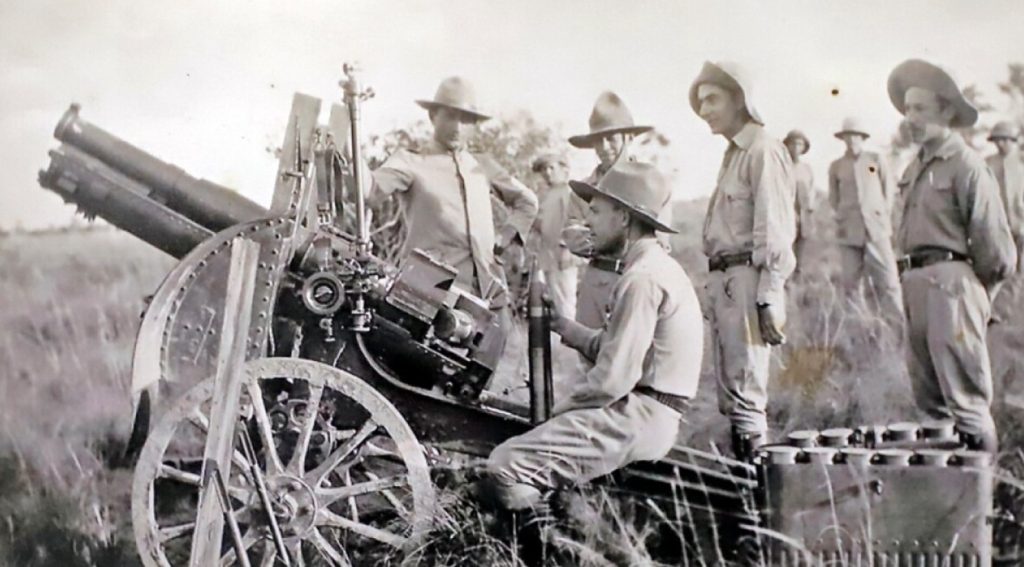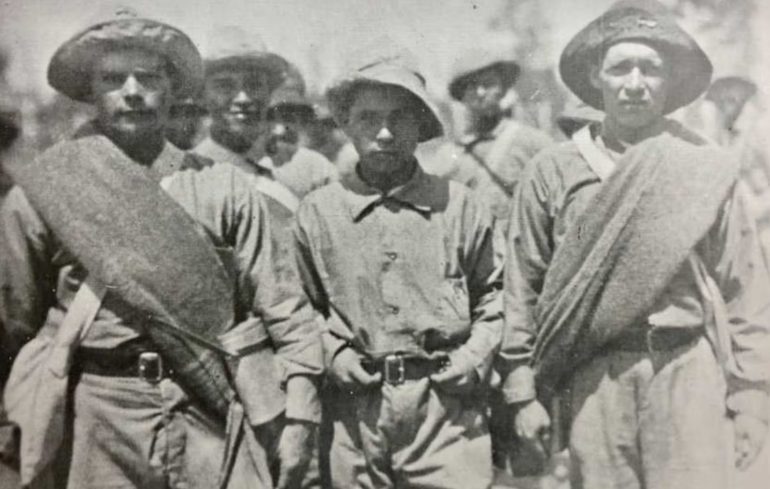The Battle of Boquerón was a fierce clash between the armies of Bolivia and Paraguay. The fighting took place from 9 September to 29 September 1932. The battle was in and around the fortress of Boquerón. Part of the Chaco War, this victory was the first of Paraguay during this bloody conflict, which lasted from 1932 to 1935. On 29 September 2025, the country will commemorate this historic battle, honouring the bravery and sacrifice of those who fought.
During the Battle of Boquerón, a total of 11,500 soldiers were involved. On the Paraguayan side, there were 7,500 troops. Around 500 were killed, 1,500 soldiers were injured, and another 1,000 fell ill. On the Bolivian side, there were 4,000 soldiers, and more than half of them were killed in battle, injured, or ill.
Escalation to full-scale conflict
The conflict escalated into a full-scale war following the Bolivian troops’ occupation of the Boquerón outpost in July 1932. At the time, this zone of the Chaco, shared between Bolivia and Paraguay, had poorly defined borders.
Foreign entities in the petroleum industry and military leaders were pushing for Bolivia to take this part of Paraguay, allegedly filled with resources worth millions. Then Bolivian President Daniel Salamanca ordered the move. Colonel Manuel Marzana was on the field, tasked to come back home with a victory.
The decision to occupy the area effectively transformed what was initially a mere border dispute into an outright war. The decision of President Salamanca gave a casus belli, or a cause of war, to Paraguay and their Presidents José Patricio Guggiari (1928-1932) and Eusebio Ayala (1932-1936).
Paraguayan counter-attack at Boquerón
The Battle of Boquerón officially started on 9 September 1932. While there had been some skirmishes before that, the war battles in this region only became significant in September when the Paraguayan troops were organised and sent to the Chaco.
The assault on Boquerón served as the initial phase of the Paraguayan offensive. The overarching strategy was to defeat the Bolivian army and capture territory before Bolivia had time to mobilise its military and resources fully.
Leading the charge for the Paraguayans was Lieutenant Colonel José Félix Estigarribia, who later became President of Paraguay. A significant element that granted the Paraguayans a decisive advantage during the siege was their use of mortars. This military component was unknown to the Bolivian troops.



Water and supplies
The initial Paraguayan assault on the Boquerón stronghold was repulsed. However, both sides soon began to suffer terribly from a crucial lack of potable water.
- The Paraguayans had to fetch their water from a small lake at Isla Poí, situated some 50 kilometres (about 30 miles) to the east.
- Though the Bolivians possessed wells within their compound, these came under heavy Paraguayan fire. The wells were eventually contaminated by the bodies of fallen soldiers.
Attempts by Bolivian aircraft to resupply their encircled troops by dropping ammunition, food, and medicine met with limited success. The only supplies the Bolivians managed to retrieve from these airdrops were 916 cartridges, a sack of bread, and 110 pounds of dried meat.
Further compounding the woes of the Bolivian defenders, a relief column of 3,500 men arriving from the south-west was driven back near the Yucra outpost on 12 September. As the siege wore on, the Paraguayans also began to feel the effects of a water shortage. That resulted from excessive over-extraction from the wells.
Final push and surrender
Faced with these persistent difficulties, Estigarribia decided to attack. For him and his troops, this last battle was to be either the most significant military victory of his career or the end of Paraguay.
He attacked on 26 September. Just three days later, on 29 September 1932, the remaining Bolivian defenders – a contingent of 240 mostly wounded men – were forced to surrender. The siege had concluded with a costly Paraguayan victory.
This battle led to others, and later on, the end of the Chaco War, which is considered a Paraguayan victory. The Victory of Boquerón, celebrated annually on September 29, holds great significance in Paraguayan history.
Read more: Paz del Chaco: Bringing an end to the bloodiest war in Paraguay’s history.


